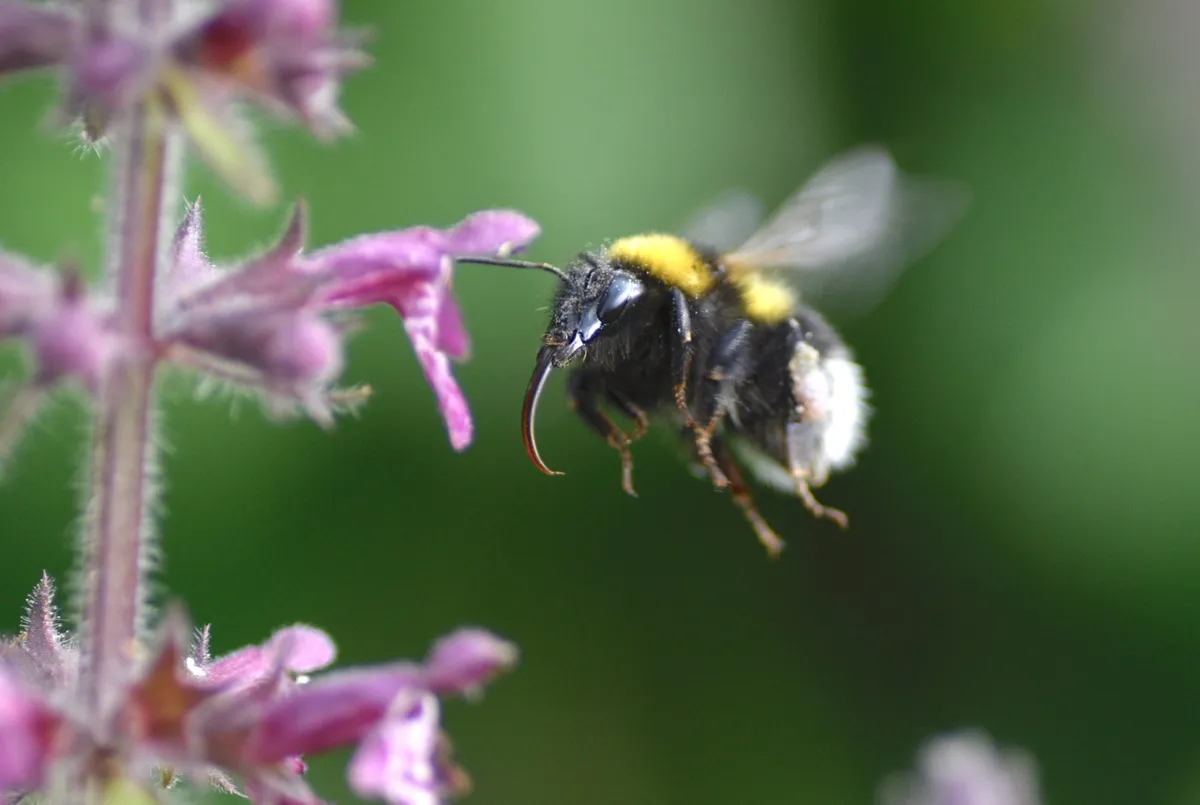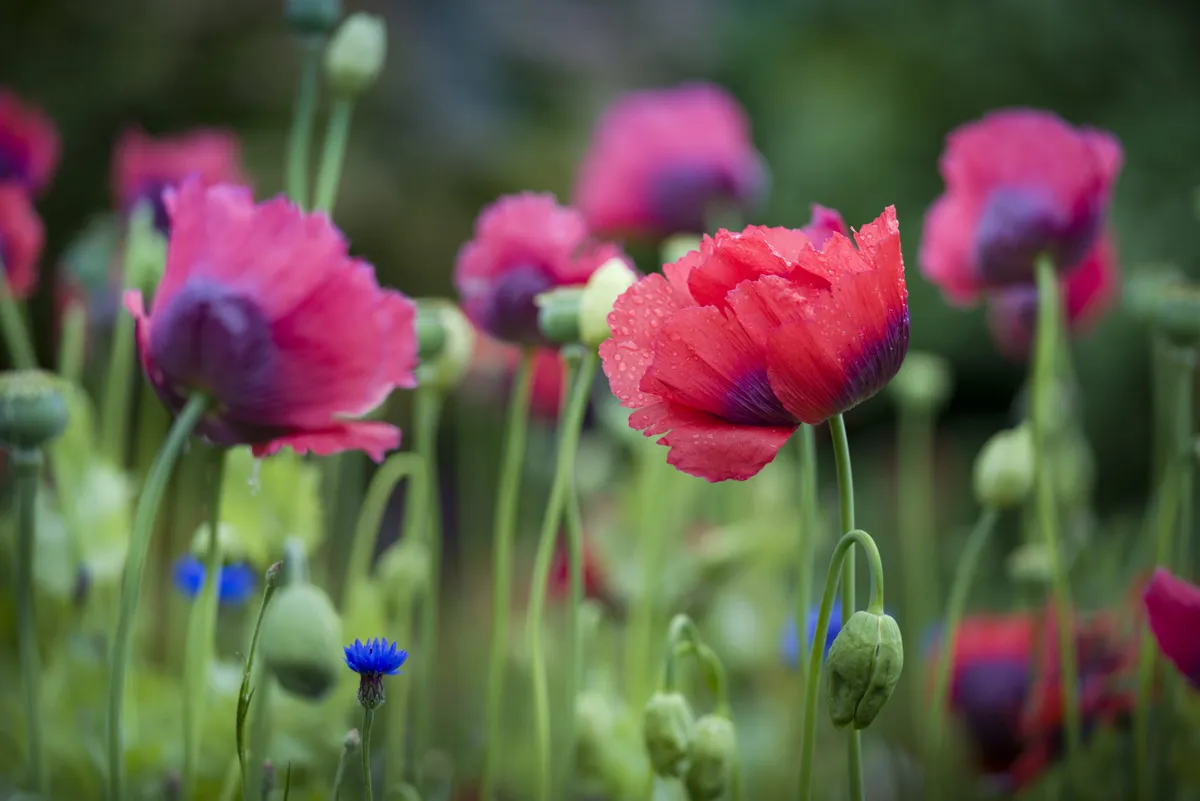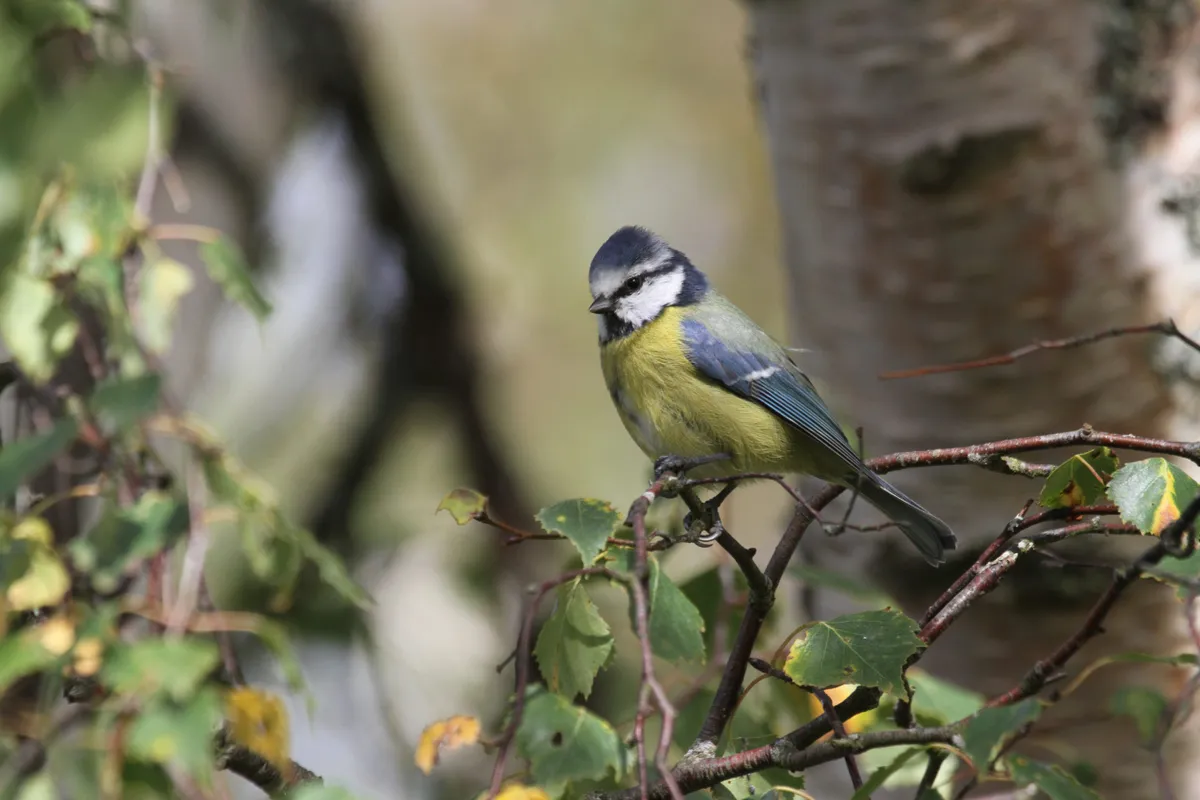UK residents have become more interested in nature since the coronavirus pandemic outbreak in March, according to a poll commissioned by the National Trust.
More than two thirds of those who took the survey said that spending time noticing nature has made them feel happy, and more than half say they plan to make a habit of spending time in nature ‘when things go back to normal’.
Findings also revealed that interest in nature has risen by a third – with interest growing the most in the 25-34 year old age group (40 per cent).

“Although we suspected that nature was providing the nation some level of comfort during these distressing and unprecedented times, we wanted to get a better understanding of how it was helping people through this period,” said Andy Beer, Noticing Nature Project Leader at the National Trust.
“The results tell us that people have found spending time in nature or seeing nature has had a positive effect on their mood, and hopefully therefore, helped their mental wellbeing. Mounting evidence shows that everyday connections with nature has a positive impact on mental health and wellbeing. The fact that people are recognising so fully how nature has helped them during the crisis can only be a good thing for people, nature and wildlife.”

Earlier this year, the National Trust launched its Noticing Nature report – which examines the connection between nature and wellbeing – with the University of Derby. The report revealed that noticing nature and celebrating natural events like the summer solstice improves wellbeing.
“Spending time in nature is good for health, and having a close connection with nature is good for people’s mental wellbeing,” said Professor Miles Richardson from the University of Derby.
Related articles
“Both play an active part in managing our emotions and moods, and our results show they have done so during what has been a difficult time. It’s great to see that many people have found a friend in nature and long may that continue, because a close relationship with the natural world leads people to do good for nature in their everyday behaviour. After all, there’s no wellbeing without nature’s wellbeing.”
“That’s why it’s important to tune in and celebrate nature – being in touch with the passing of the seasons and events such as the summer solstice can play a part in developing that close and meaningful relationship.”

The National Trust is encouraging people all over the country to make the most of this weekend’s summer solstice (20 June), the longest day of the year. The conservation charity wants people to notice the moment, either by experiencing dawn or sunset in their garden or local green space.
“Thankfully throughout the pandemic nature has stayed the same – it has kept doing what it does and it is heartening and reassuring that the drumbeat of the seasons is continuing and giving us all some small sense of normality,” added Andy Beer.
“Our Noticing Nature report launched earlier this year revealed that once people get into the habit of tuning in and noticing nature they are more inclined to act to protect nature.
“If the only good thing that has come out of the pandemic is that more people have a better connection to the natural world, then that has to be a good thing and we want to do more to help signpost moments of nature’s calendar for people to engage with.”
For more information, visit www.nationaltrust.org.uk/nature-dawn-to-dusk